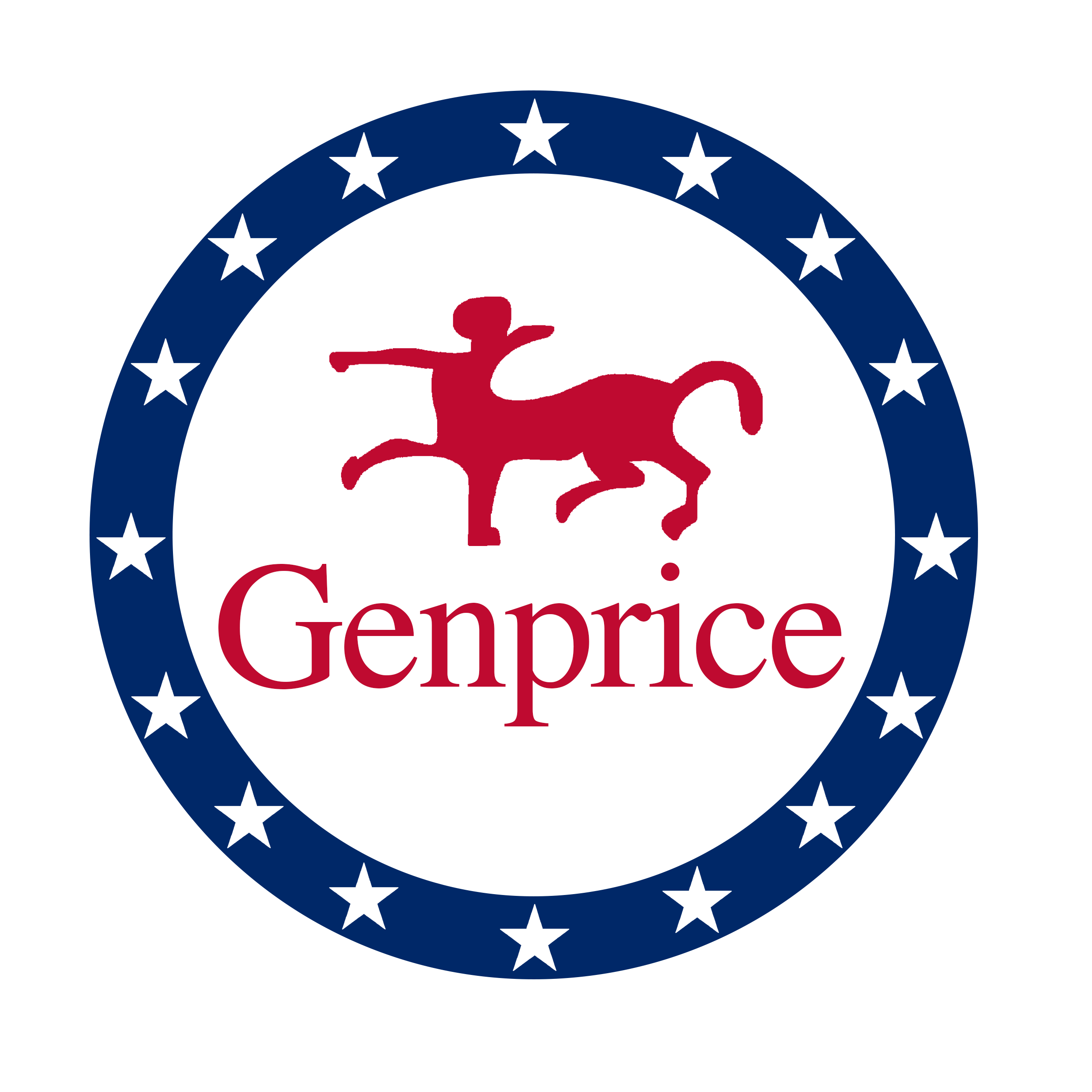+1 (408)780-0908
Anti-Death receptor 6 Antibody
Search now for the highest quality Anti-Death receptor 6 Antibody suitable for your application. Gentaur Genprice provides the biggest choice of Anti-Death receptor 6 Antibodies from the best suppliers.
